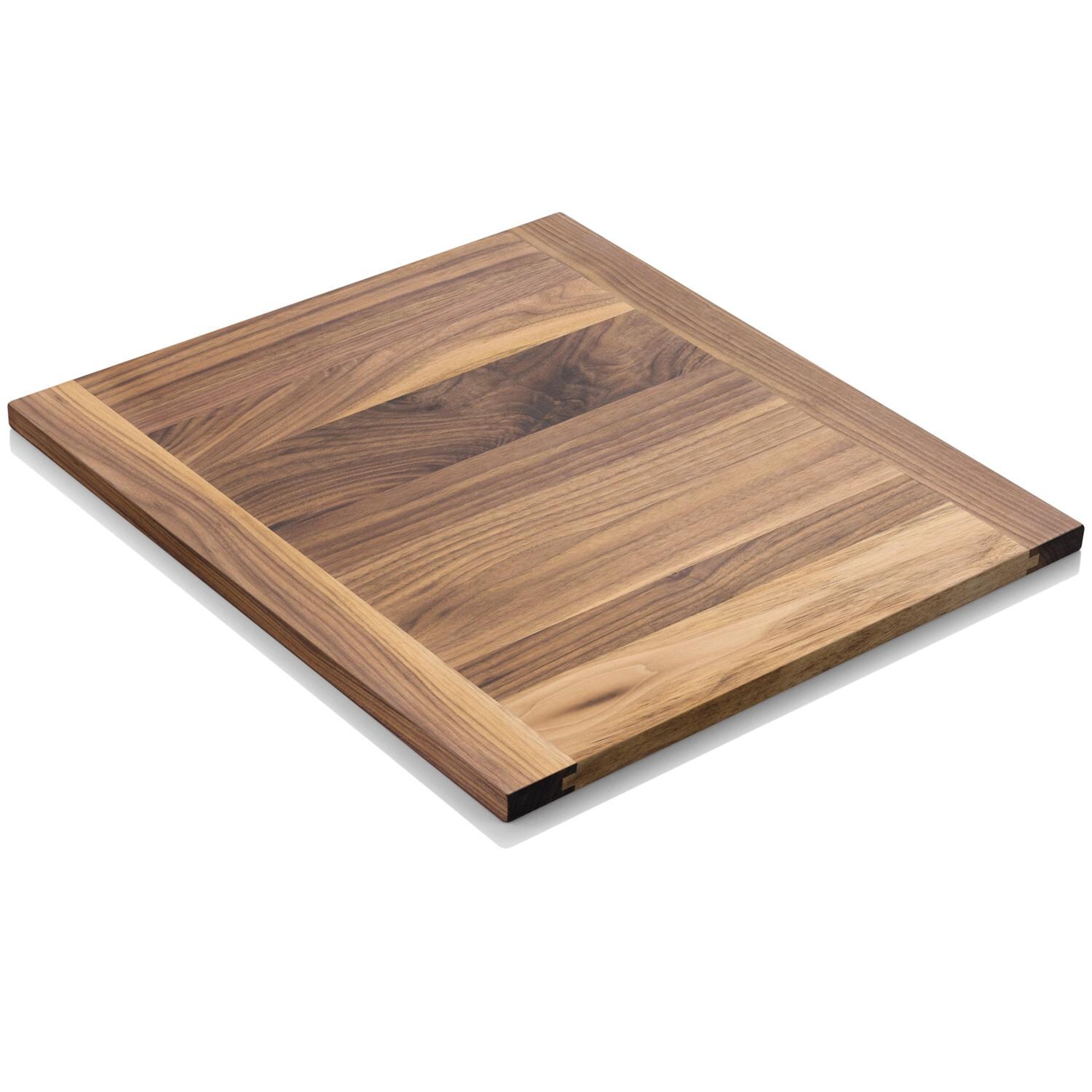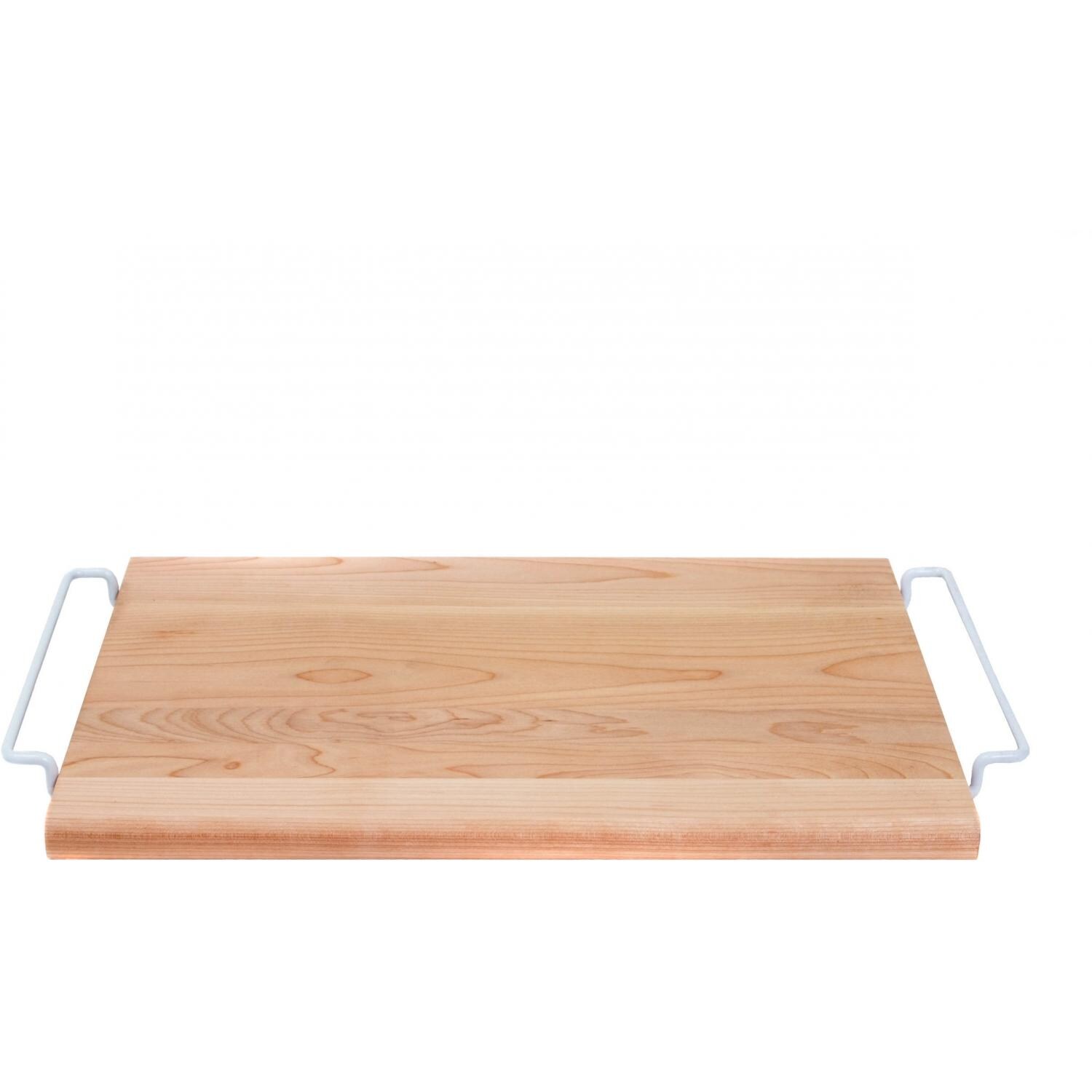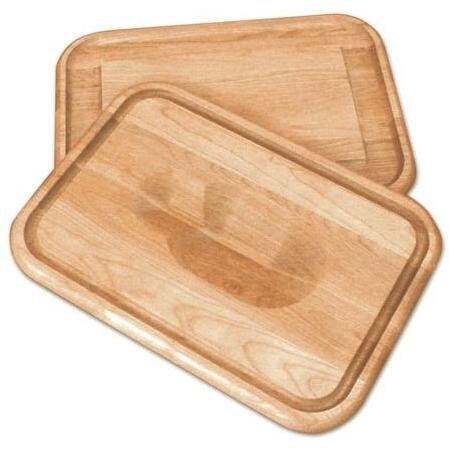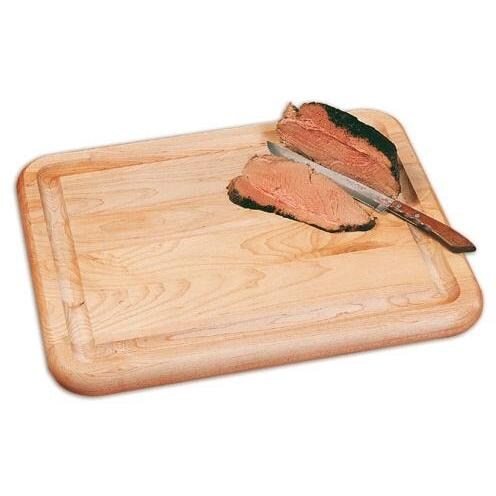Cutting Boards and Chopping Blocks for Grilling and BBQ
Any kitchen with a knife — so, all of them — needs a quality cutting board. Now, if you're handling something simple like a paring knife? Having slice-proof titanium fingers with the manual dexterity of famed concert pianist Martha Argerich can take you a long way. That is, until your countertop and your knife (you bought one of our best BBQ grilling knives, right?) starts to suffer nicks and chips. Your first, last, and easiest line of defense is a knife-safe cutting board or chopping block, and that means no ceramic and glass under any circumstances. They will be about as forgiving to your knives as a marble countertop.
As a rule, the best cutting boards for BBQ cutlery will always feature:
Softer surface material — the softer the better, commonly meaning wood or rubber material
Vertical wood grain — in wooden boards, this is strong indication of a softer, friendlier surface
Function above form — sure, teak and bamboo look striking, but they'll just strike your knives
Practical shape and size — real estate is great, but don't sacrifice usefulness and general ease
Basic is better — extra features are compromises that can take away from the functionality of your board
Now, for disposable knife blocks? Any board would probably work... at first. Lower quality boards mean duller blades; duller blades mean harder pressure, weaker control, "sawing" your cuts, and mashing your food. As far as knife quality itself goes, for a good rule of thumb: the nicer the knife and the cheaper the board, the rougher that board will be to that knife. For protecting your investment in top-of-the-line BBQ knives, you really want a proper cutting board. They're far cheaper than replacing chipped, mistreated cutlery!
Maintaining Your Wood Cutting Board or Chopping Block
Even the world's best knife-safe cutting board needs a little attention from time to time. Here's how you do it.
Coating and buffing your wooden board protects against lingering odors and stains, doing wonders for longevity. We like to use beeswax, but refractionated coconut oil (sometimes called "distilled") or food-safe mineral oils like liquid paraffin can be just as good. Once every 2–4 weeks is usually enough.
Never use a dishwasher to clean your boards. The hard conditions and intense heat will scrape away rubber protection; wooden boards are often warped and completely ruined. Instead, gently hand-wash them with hot water and soap, followed by a thorough drying with a clean dish towel.
Store smaller wooden cutting boards vertically. This makes for an even drying after their use, which helps prevent warping and splitting. Larger butcher blocks should be wiped free of food particles and moisture.
)
)
)
)
)
)
)
)
)
)

